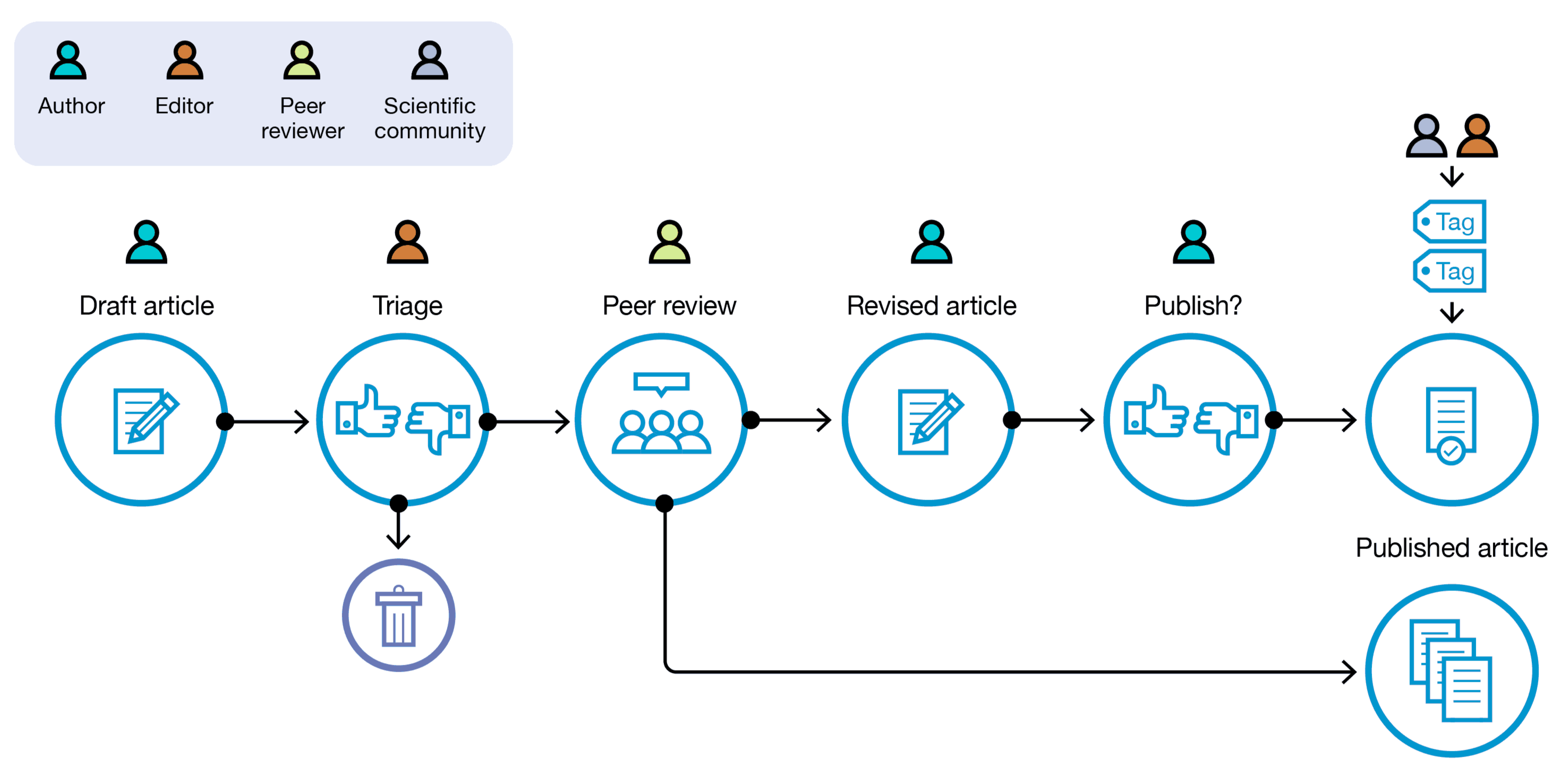General Guidelines for Reviewers
1. Confidentiality:
- Reviewers must treat all manuscripts and supplementary materials as confidential documents. Do not discuss or share the contents with anyone outside the review process without prior permission from the journal.
- Avoid retaining copies of the manuscript after completing the review.
2. Objectivity and Fairness:
- Provide an impartial and unbiased assessment of the manuscript, focusing on its scientific content and merit.
- Refrain from personal criticism of the authors. Critiques should be constructive and focused on the work, not the individuals.
3. Timeliness:
- Complete the review within the stipulated time frame provided by the journal. If delays are unavoidable, inform the editor as soon as possible.
- If unable to conduct the review due to a lack of expertise or time constraints, promptly decline the invitation so an alternative reviewer can be found.
4. Conflict of Interest:
- Disclose any potential conflicts of interest to the journal editor before accepting the review. This includes any personal, financial, or professional relationships that could bias your review.
- If you feel that your objectivity might be compromised, it is best to decline the review request.
5. Thorough Evaluation:
- Assess the manuscript’s originality, significance, methodological rigor, and contribution to the field. Consider the clarity of the writing, the appropriateness of the references, and the soundness of the conclusions.
- Evaluate the study's design, data analysis, and whether the results support the conclusions drawn by the authors.
6. Ethical Considerations:
- Be alert to any ethical issues, such as plagiarism, data fabrication, or unethical research practices. Report any concerns to the editor immediately.
- Ensure that the manuscript complies with ethical guidelines, including proper handling of human and animal subjects and conflict of interest disclosures by the authors.
7. Constructive Feedback:
- Provide clear, specific, and detailed feedback that can help the authors improve their work. Highlight both strengths and areas for improvement.
- Suggest improvements or alternative approaches where appropriate and recommend additional experiments or analyses if necessary.
8. Recommendations:
- Make a clear recommendation to the editor regarding the manuscript's suitability for publication. Indicate whether the manuscript should be accepted, revised, or rejected, and provide justification for your decision.
- If recommending revisions, specify whether they are minor or major and outline the necessary changes.
9. Anonymity:
- Maintain anonymity during the review process unless the journal follows an open review system. Do not disclose your identity to the authors or other reviewers.
10. Commitment to Quality:
- Reviewers should strive to contribute to the scientific community by upholding the highest standards of quality and integrity in the review process. Your evaluation should help ensure the publication of robust, reliable, and high-quality scientific research.
